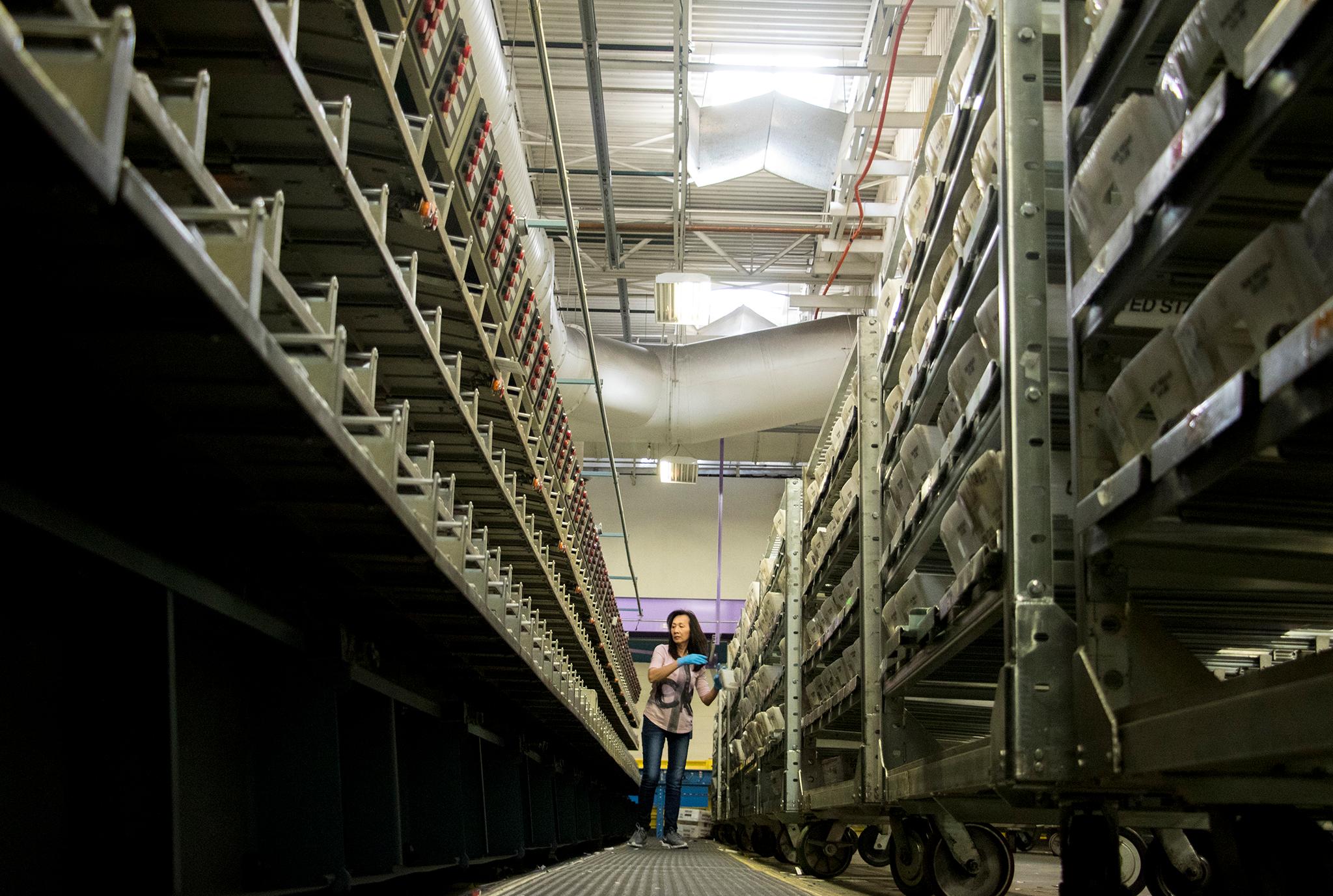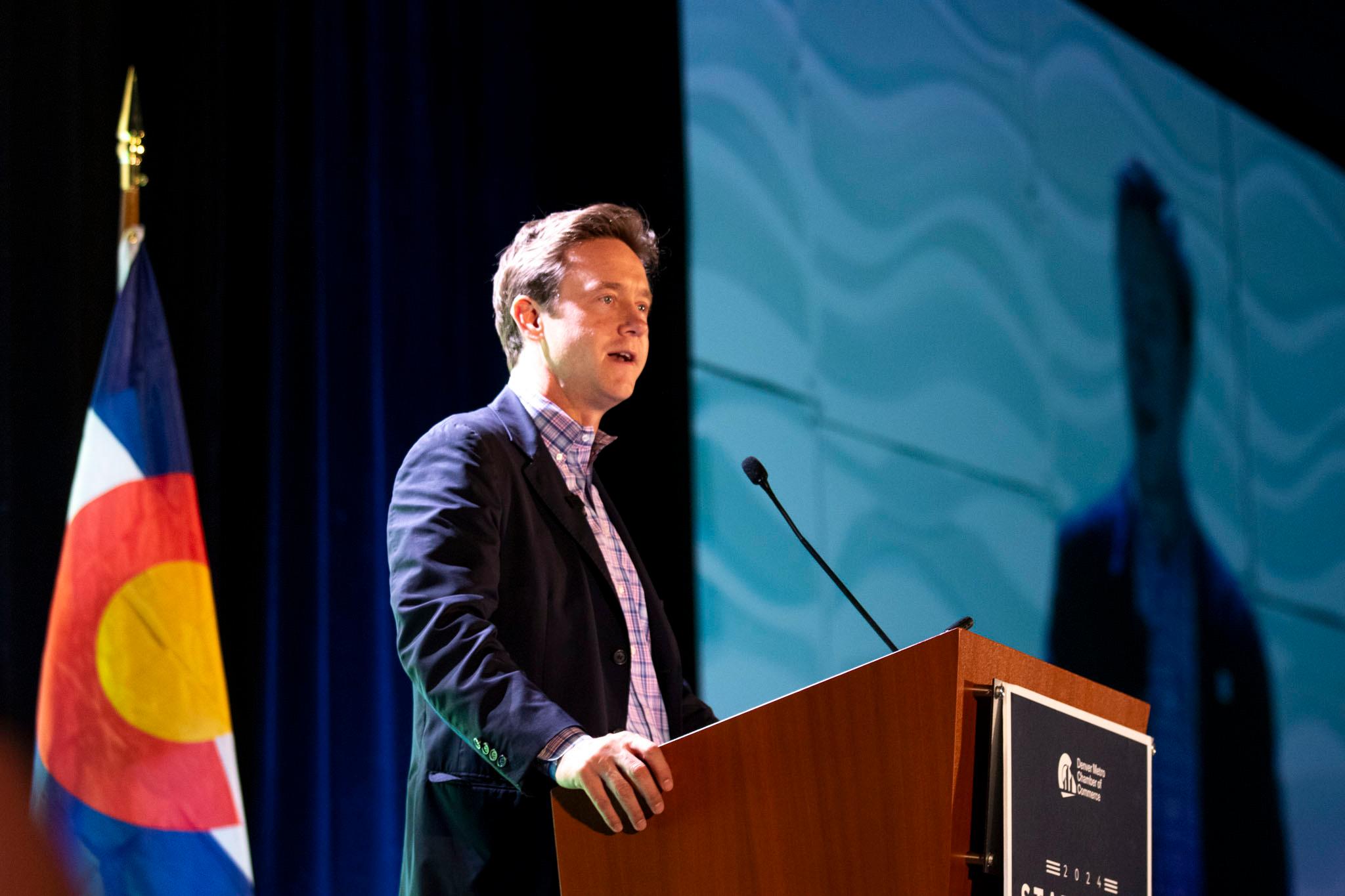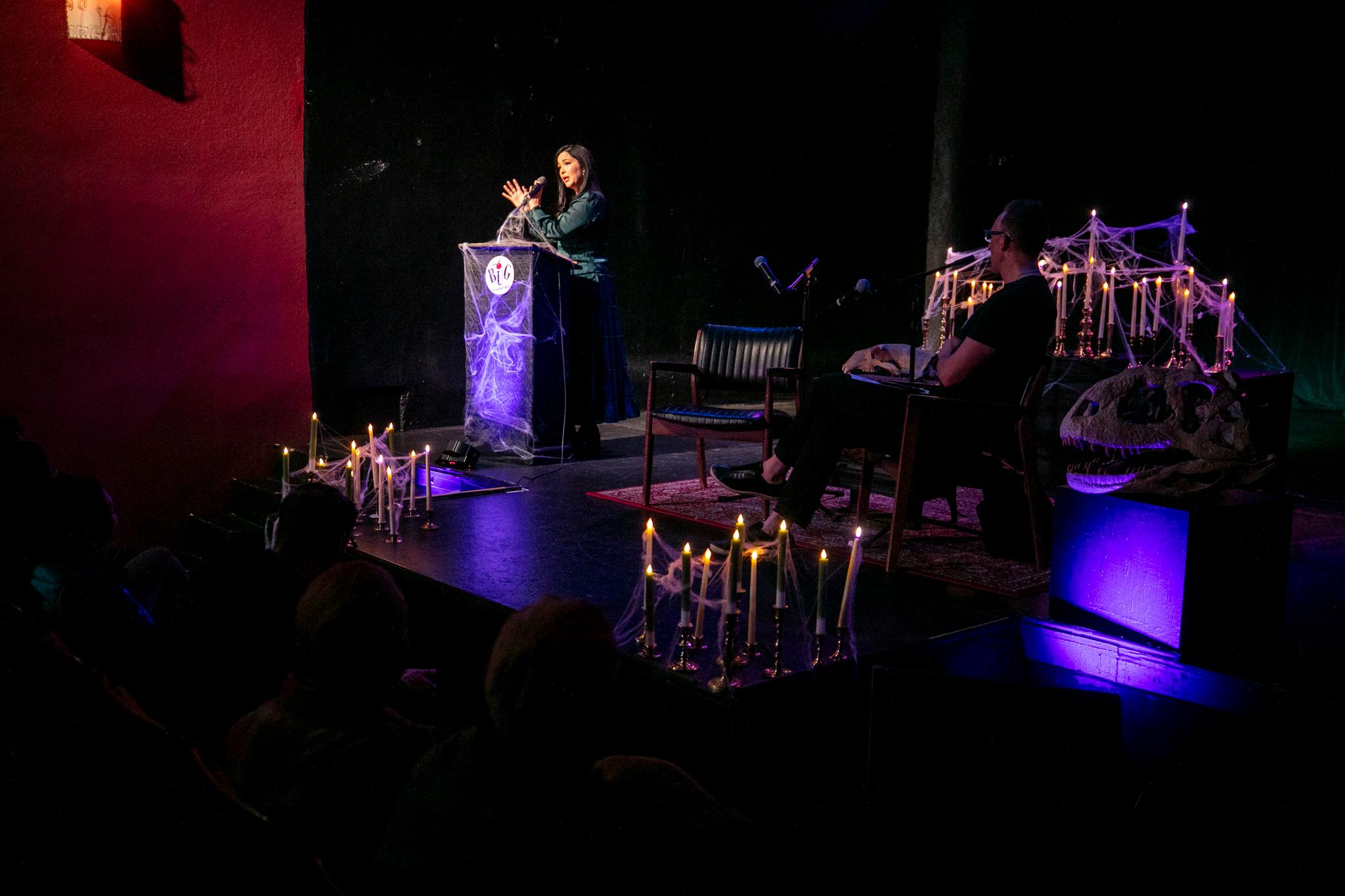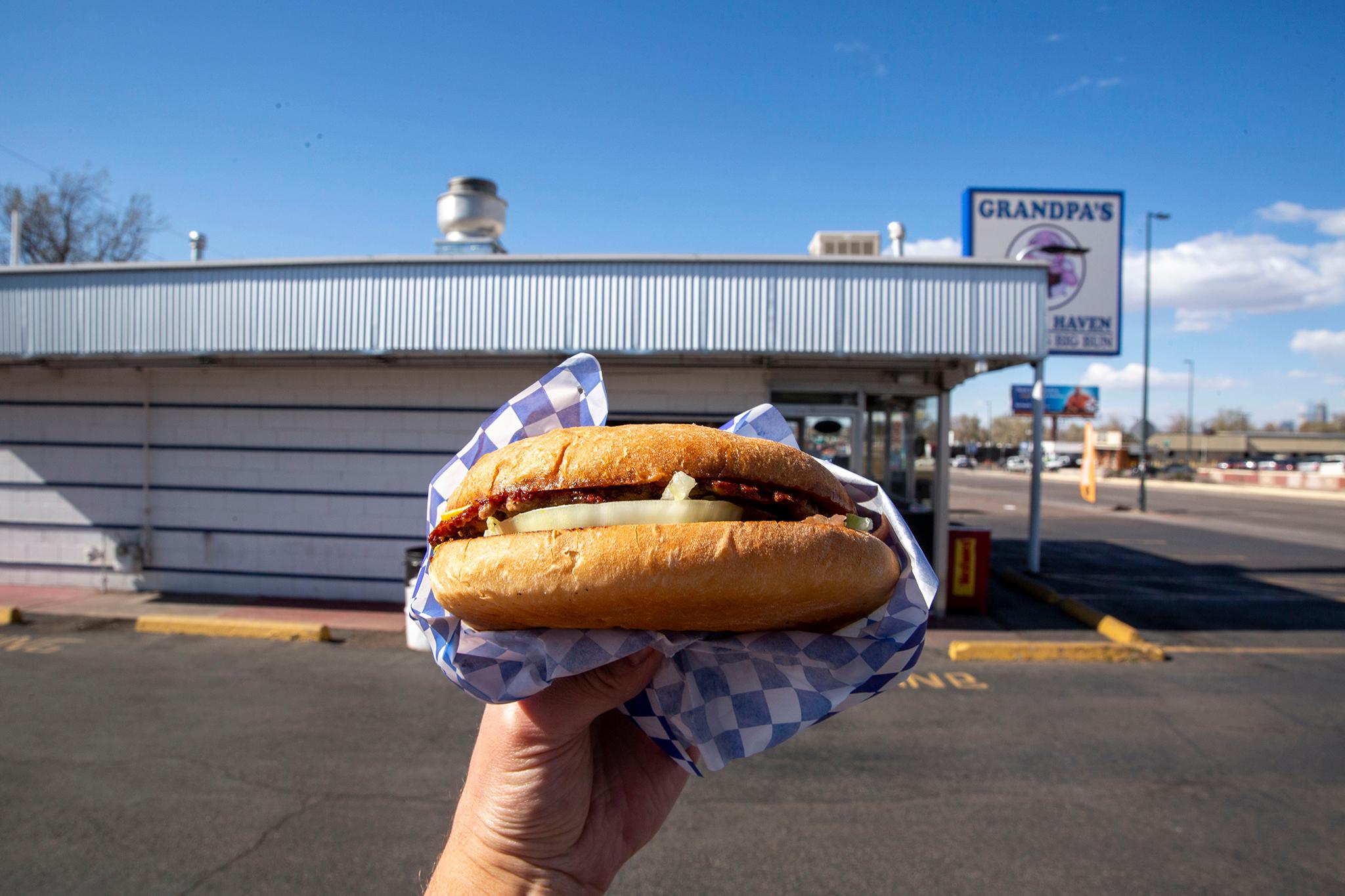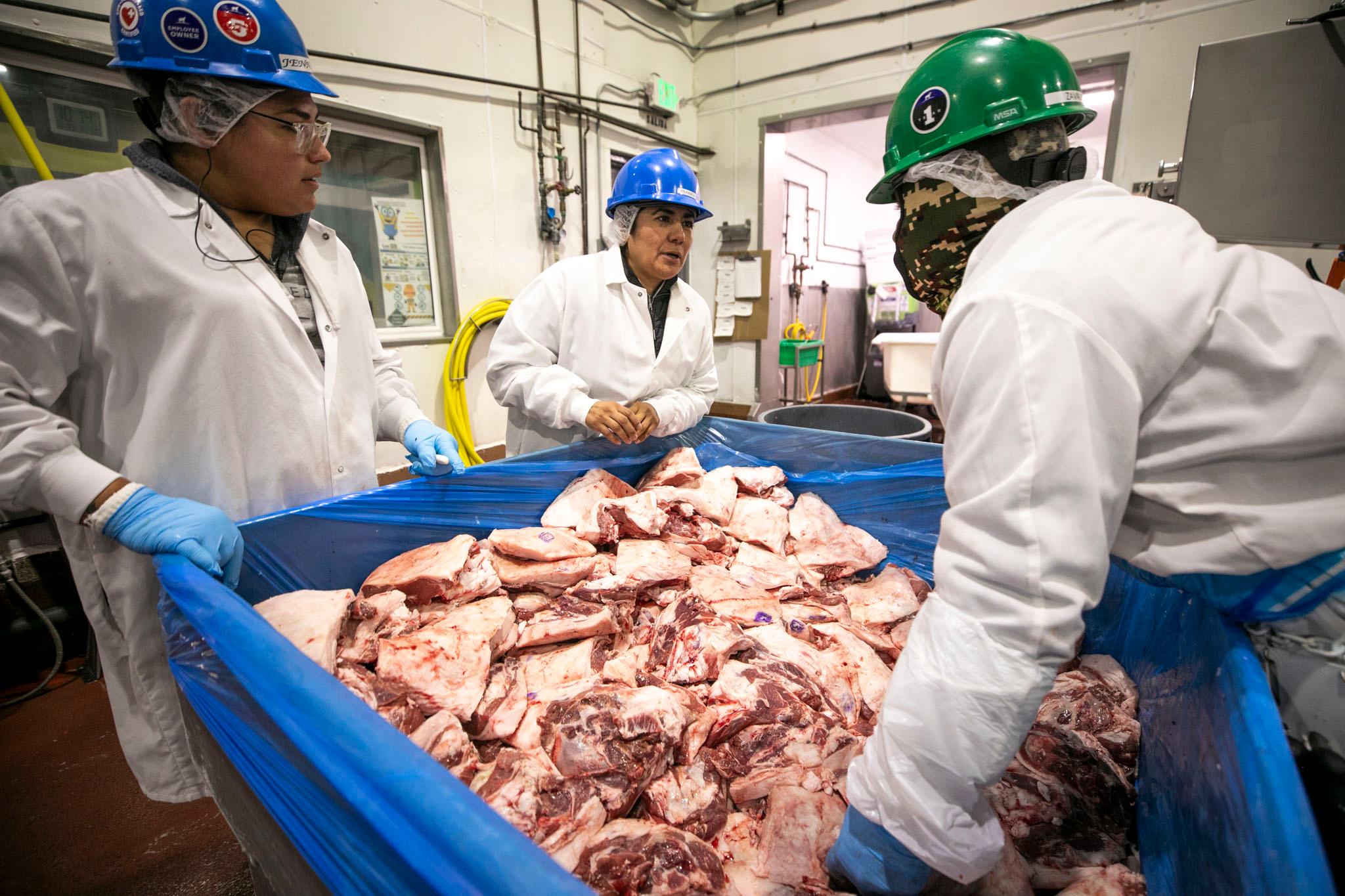More than half of the high school and college kids interning for the City and County of Denver work for free, which experts -- and even the city -- say can give candidates from wealthier backgrounds a leg up in the job market.
According to the city's Office of Human Resources, 94 people hold trainee positions with the city, from the mayor's office to the marketing department to the sheriff's office and others. Forty-eight, or about 51 percent, receive no pay.
Most interns receive college credit in exchange for their work (11 do not). But some experts -- and interns -- say offering low-level posts without compensation gives privileged young people an unfair advantage over kids from low-income families who cannot afford to work for free. The practice can widen socioeconomic gaps by launching privileged students on a career trajectory inaccessible to others, according to Andrew Crain, director of experiential professional development at the University of Georgia Graduate School.
"I think there are real clear ethical issues around unpaid internships, especially if you think about government and other certain fields, especially if they're trying to diversify their workforce," Crain said. "You're excluding certain students from participating."
Crain wrote a 2016 study on unpaid internships and their effect on the workforce. The research did not address the ethical and legal pieces, but added context to the debate.
"It is clear that intern compensation and fair treatment are important concerns for our society as a whole, and a more empirical understanding of internship outcomes could further elucidate this issue," he wrote.
The city's human resources department knows unpaid internships can require students to have other means, Diane Vertovec, the communications chief for the office, told Denverite. In fact, the department "recommends utilizing the paid intern worker type to draw the most talented and reliable candidate pool," according to its internship guidelines.
Yet there's no shortage of students working for free inside the city government. And some jobs come with serious responsibility, like managing case loads for people under pretrial supervision, according to a recent ad for an unpaid internship with the Department of Public Safety.
In a statement, Vertovec said the human resources office is proud of its internship program.
"The new team in our Talent Acquisition department has created a comprehensive program that is of great benefit to both the city and the interns," she said. "We strive for highly engaging experiential work opportunities for those just entering the workforce and those transitioning careers."
It's not like unpaid internships aren't valuable.
They are, according to Crain's research. But paid internships pay more dividends down the road. And then there's the whole morality thing.
Crain asked 348 graduates of a large, southern American university 66 questions about their internship and post-internship experiences. Both paid and unpaid internships hold value, he said, just different kinds.
Paid internships correlated with more professional skill development and success in the job market, he found. Unpaid internships were good at helping students better understand their coursework.
"I think there's a higher degree of commitment from both sides if it's a paid experience," Crain said. "On the flip side, flexibility is one of the advantages of an unpaid internship."
Lily Weissgold is a Colorado College senior who held multiple unpaid internships and benefited from her parents helping out. They were valuable for her career, the economics major told Denverite. But she's done working for free.
"One reason is that my time is valuable and the other is that it's an access issue," Weissgold said. "Which means that I have more access to jobs as a result and that doesn't sit well with me from a moral perspective."
Government and journalism tend to be two fields where unpaid work is somewhat common, according to Crain. He suspects a lack of dedicated funding.
In 2018, University of Colorado student Carina Julig interned for a newspaper that did not pay her. The experience was invaluable, she told Denverite, because it gave her a gateway into a paid position with the Denver Post this summer.
"For college I've been a very privileged position," Julig said. "My parents have been paying for my degree and some of my expenses so it wasn't like I needed a full-time job to pay my rent.
"I definitely think that the prevalence of unpaid internships is a roadblock for people from diverse backgrounds entering journalism, just because it's so much harder to do if you're low-income or don't have connections to the industry," Julig said.
This article was changed to correct the spelling of Lily Weissgold's name.


